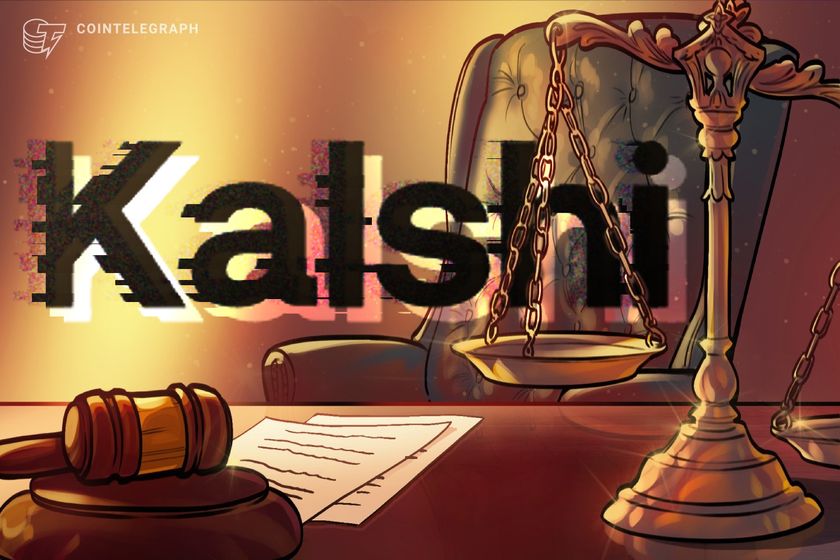

Prediction market Kalshi filed a lawsuit against the Nevada Gaming Control Board and the New Jersey Division of Gaming Enforcement after both state regulators sent cease and desist orders for the firm to pause all sports-related contracts in the states.
Kalshi’s legal team argued that the contracts fall under the jurisdiction of the Commodities Futures Trading Commission (CFTC) and, therefore, cannot be regulated by state-level authorities.
The team also contends that the cease and desist orders fail to recognize that Kalshi’s event contracts are two-sided markets that trade as swaps as opposed to the sports-betting book model where the house controls the market. Kalshi co-founder Tarek Mansour said:
« Prediction markets are a critical innovation of the 21st century, and like all innovations, they are initially misunderstood. We are proud to be the company that has pioneered this technology and stand ready to defend it once again in a court of law.”
Additionally, the Nevada Gaming Control Board sent Kalshi a cease and desist order for its election contracts, which a United States judge ruled were legal in September 2024 — allowing the contracts to trade freely in the US.
Kalshi lawsuit against Nevada Gaming Control Board. Source: Kalshi
Related: Massachusetts subpoenas Robinhood over sports prediction markets
CFTC commits to ending regulation by enforcement
On Feb 4, acting CFTC director Caroline Pham issued a notice signaling a major regulatory pivot at the CFTC and ending regulation through enforcement actions, choosing to focus on fraud instead.
“The CFTC is strengthening its enforcement program to focus on victims of fraud, as well as remaining vigilant for other violations of law, » Pham said
This major change at the CFTC was welcomed by industry firms as a breath of fresh air following a torrent of regulatory lawsuits and enforcement actions under the Biden administration.
The regulator also initiated a probe into Super Bowl event contracts offered by Kalshi and Crypto.Com on the same day the notice was sent out.
The goal of the CFTC’s probe was to ensure that the Super Bowl event contracts complied with existing derivatives laws in the US, and the CFTC ultimately took no action to ban the contracts.
Magazine: Train AI agents to make better predictions… for token rewards
